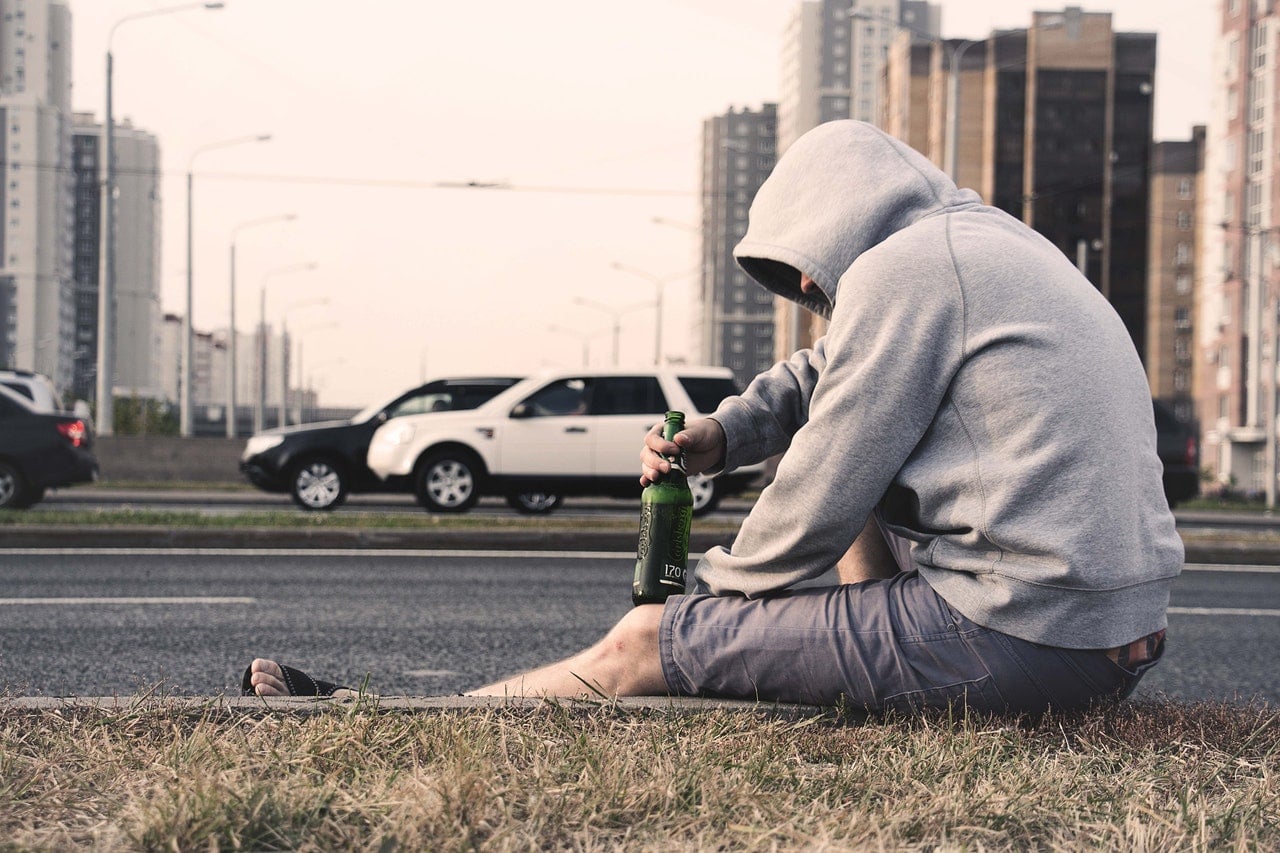The trouble with drugs and alcohol is that they typically start as something you only want, not something you need. Some people can keep them in firmly in the “want” category forever. But some drugs are more addictive than others, and some people just seem to have personalities that make them more prone to addiction. For those people, the build-up to full-blown addiction can be gradual or rapid.
A few drinks on the weekend can turn into a few drinks every day, and then it can reach the point where you can’t go to work without having some booze with your breakfast.
The body craves the feeling that comes with its substance of choice. It’s common for people to need to ingest more and more of a drug in order to keep getting the same high that they used to be able to get with just a little bit of the stuff. That’s called building up a tolerance.
If you try to cut off your body from the supply, it will rebel. Drug and alcohol abuse can literally change your brain chemistry, and it’s really tough to fight a battle with your brain chemistry.
IMAGE: PEXELS
The Vicious Cycle Of Addiction
[pullquote]There are stories, perhaps exaggerated, of people who make the decision to quit and do it without any outside assistance.[/pullquote] They wake up Monday morning and decide to never drink again, and they remain completely sober for the rest of their natural lives, never once slipping up.
If it works for them, that’s great. Addiction is sinister enough that any successful attempts to defeat it should be met with praise. For most people, though, that won’t work. Substances like alcohol and cocaine can hold a huge sway over the brain and body, and they typically won’t go away without kicking up a fuss. Headaches, anxiety, irritability, and even vomiting are all commonly seen in people who to try detox on their own. If you go to a rehab facility to detox, you may still experience unpleasant symptoms, but at least you’ll have a supportive team of addiction experts around you, encouraging you to keep going.
Many people don’t seek help because they’re afraid to admit just how bad their problem is. That’s often a misplaced worry, as there’s a decent chance that many of their family members and loved ones already suspect something is off. They’ll probably be relieved and supportive once you tell them you’ve decided to seek help. If anyone tells you it’s “not a big deal” or “I thought you could handle your liquor,” reconsider their presence in your life. You don’t need people who will only try to undermine you, regardless of if they’re doing it intentionally or not.
Paying for your treatment for dual diagnosis disorder is another big obstacle to clear, so it’s important to find reputable facilities that will allow you to use your insurance. You may have to make a few phone calls to your insurance provider to figure out what they will or won’t cover, but don’t let that stop you. Once you’ve made the decision to go from “addict” to “recovering addict,” it’s important to be persistent. You’ll need every ounce of determination you can muster to win this battle.
For more addiction-related stories and information from us here at Bit Rebels, click here.


COMMENTS